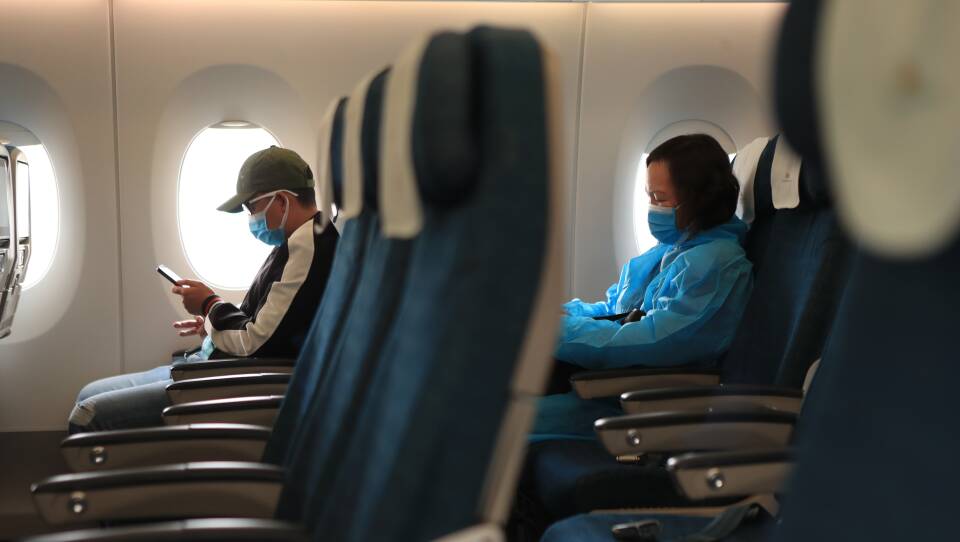About a month ago, I indulged in a fantasy about traveling out of the country for the New Year’s holiday.
I was poring over details of an annual festival in Ghana, Africa, called Afrochella, a nod to the celebrity-powered California music festival Coachella. As the travel website described, Afrocella “showcases the vibrant culture of Africa with fashion, art installations, and music.” The travel packages also included fabulous beach parties along the country’s 350 miles of coastline. Accra, Ghana’s capital city, has so many beautiful beaches there are multiple claims listing the five or seven best.
I imagined my toes sinking into that soft beautiful sand floating away on a Walter Mitty-inspired vision of long flowing robes and champagne toasts.
I was dusting off my suitcases, pulling together all the necessary travel details, when it occurred to me to check the country’s COVID status.
Bubble burst.
I was shocked to learn that — according to the Reuters COVID-19 tracker — Ghana’s health officials have administered vaccine doses for just 2.1% of the country’s 30 million residents. Compared to the 364 million administered to about 52% of Americans.
This is not about vaccine hesitancy as much as it is about the age-old supply and demand reality: rich countries like the U.S. are flush with vaccine supply, but countries like Ghana are not.
Ghana was the first African country last February to receive shipments of the Oxford AstraZeneca vaccine offered through COVAX, a worldwide initiative aimed at creating equitable access to COVID-19 vaccines. The Gates Foundation’s partner organization, Gavi, joined with the Coalition for Epidemic Preparedness Innovations and the World Health Organization (WHO) last year to coordinate getting tests, therapies and vaccines to low- to middle-income countries. To date, the three-organization led effort has delivered 200 million vaccine doses to nearly 140 countries.
That would be impressive except the numbers are far short of the 600 million doses promised. So-called “vaccine nationalism” — or first-vaccine access — is partly to blame, especially as richer nations ramp up for booster shots, using even more of the world’s supply.
“Roughly speaking,” Professor Jonathan Gruber told GBH News’ Boston Public Radio ,” a vaccine given in the U.S. is one less given in the world.” The Ford Professor of Economics at MIT said data reveals that a first vaccine shot in countries like India, for example, would be eight times more impactful than a third booster shot in the U.S. Professor Gruber noted the ethical context, noting, “We’re saying that someone’s life in the U.S. is worth 8 times more than someone’s life in another country.”
The World Health Organization has stepped up its pleas to rich countries, asking them to delay booster shots until countries like Ghana have a chance to mitigate COVID-19 spread. Ghana is hoping for 18 million more doses before October to fight a third wave of COVID infections. Like the U.S., it has seen a sharp spike in infections because of the delta variant. After having largely escaped the spread and deaths in other regions, Ghana is struggling to contain a sharp spike in infections linked to the delta variant.
I know a few people who’ve already gotten their booster shot. Not gonna lie, I’ll likely line up to get mine once I’m eligible, even it feels — appropriately — like a selfish move while other countries are relegated to the back of the line.
But karma is a... well, you know. So, unless I plan to stay in my vaccine nationalist bubble, there are few places to travel where I’ll feel comfortable. No one is safe until everyone is safe.








